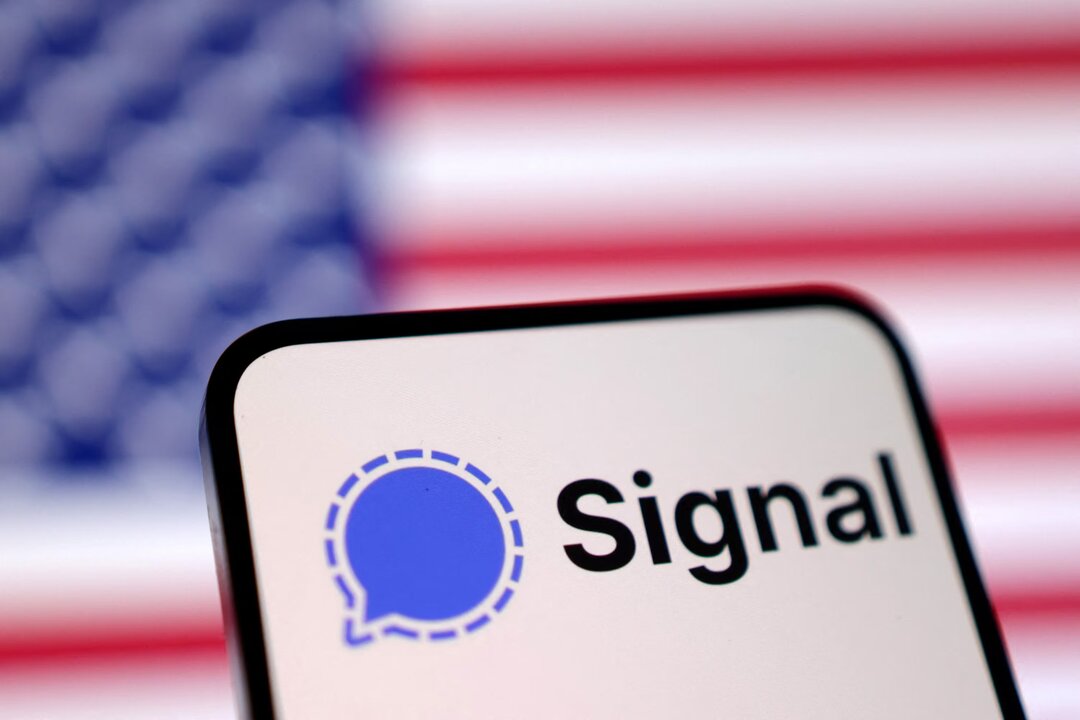In the quiet hum of a Washington supermarket parking lot, Jeffrey Goldberg, editor-in-chief of The Atlantic, sat in his car, eyes darting between his phone and the horizon. It was March 15, 2025, and what he'd just witnessed unfold on the encrypted messaging app Signal wasn't just improbable—it was a national security bombshell. Senior officials in President Donald Trump's administration, including National Security Adviser Mike Waltz and Defense Secretary Pete Hegseth, had inadvertently added him to a group chat titled "Houthi PC small group." There, in real time, they laid out precise plans for U.S. airstrikes on Yemen's Houthi rebels—plans that, within hours, erupted into reality over Sanaa's skyline. This bizarre glitch has spiraled into one of the most stunning breaches of military intelligence in modern U.S. history, exposing reckless reliance on a commercial app and igniting a firestorm that threatens to engulf Trump's fledgling second term.
Politics
•
Signal Catastrophe: How Trump Officials Accidentally Texted War Plans to a Journalist
By Junction News
